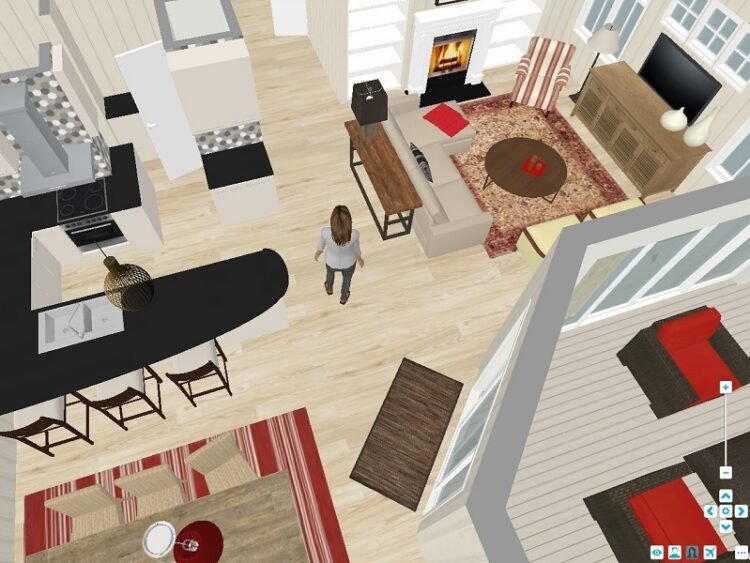As an individual, who has not dreamt of having a home of his own? However, when the actual time comes, it is a serious and lifetime decision. Owning a home in India is not only an investment intensive decision but also an emotionally intensive one. Being overly alert, taking time in research and being doubly sure is very much accepted. After all, it is your hard-earned money, and you must make a well-informed decision. Here is a list of essential things to follow when you have decided to buy your first home.
Research about the location
When you start to scout for your dream first home, location is of paramount importance. As it is a lifetime decision, having a peaceful location with sound social infrastructure such as educational, medical and recreational facilities is a must. Roam around and do ground research yourself. Consult with local brokers and residents to find out if there are any problems. Water supply, electricity connections and connectivity with leading roads will come in handy when you finally decide to shift.
Enquire about the developer
When you have shortlisted the location and the project, it is time to do thorough research about the real estate developer. Do a minute background check. Asking questions such as previous projects delivered, ‘Turn-around-time’ in case of under-construction projects, whether promised amenities were provided or not will go a long way in making an informed decision. A general image of the developer and the history of projects successfully delivered will give you an overall idea of going ahead or dropping the idea.
RERA Registration and Documents
While shortlisting a home, Real Estate Regulatory Authority (RERA) registration has become a sine-qua-non. Do not hesitate in asking for an official registration certificate. All the registered builders have their names on the website of their respective RERA. When you are satisfied with the RERA registration, you can ask for other important documents such as Occupancy Certificate (OC) and Completion Certificate (CC). Do not believe the claims at once and always cross-verify. Being satisfied with the legal documents can save you from legal troubles big time.
Keep your finances in order
Yes! It will cost you significant money to buy a home. You must be very clear in terms of the arrangement of finance; whether you want to pay it at once, in instalments or as per the payment plan of the developer. For under-construction projects, builders have a payment plan linked to an actual structure built. Understand it thoroughly. If you want to apply for a home loan, research about the banks and Housing Finance Companies (HFCs) offering the lowest rates. Try to arrange as much down payment as possible. It will reduce your loan amount and, in turn, will reduce your Equated Monthly Installments (EMIs).
Know the possession timeline
If it is a ‘Ready-to-move-in’ project, you can shift at once. However, in the case of under-construction projects, it is very essential to know the possession timeline. You must go for developers who have had a track record of delivering projects on time. It is always suggested to go for ready-to-move-in options over under-construction ones. If not, you can go for under-construction projects with shorter delivery schedules. Overtly extensive possession timeline always carry a risk of default.
Know the charges
Sometimes, maintenance charges in societies are so that they become a burden in themselves. Knowing the clubhouse charges, membership charges, power supply rates, and security deposits might help you make an informed decision.
Conclusively, buying your first home must be an informed and satisfactory decision. Doing thorough research will go a long way in reaping the benefits of home buying.







